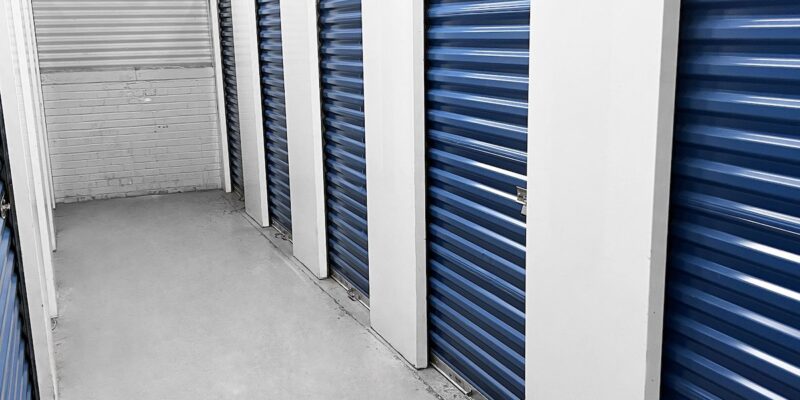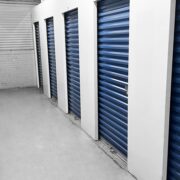
When it comes to studying in Slough, students often face the challenge of managing their belongings, especially when it comes to holidays or moving between accommodations. Whether it’s for summer storage, a gap year, or simply to declutter, finding the right storage solution is crucial. This guide delves into the various aspects of student storage in Slough, offering insights and tips on how to make the best storage choices for your needs.
Understanding the Need for Student Storage in Slough
Many students find themselves in a predicament at the end of the semester, where they need to vacate their dorms or flats but cannot take all their belongings with them. Here are a few scenarios where student storage becomes essential:
- Holiday and Term Breaks: Most student accommodations require tenants to vacate the premises during long holidays. Storage units provide a secure place to store personal belongings until the new term begins.
- Year Abroad or Placement Year: Students who spend a year abroad or in placement need a safe spot to keep their possessions until they return.
- Gap Year: Those who opt for a gap year can use storage facilities to safeguard their items while they travel or work abroad.
- Flat Moves: When transitioning from one rental property to another, there may be a gap in tenancy dates. Storage units can fill this gap by housing your items temporarily.
Choosing the Right Student Storage Solution
Evaluate What You Need to Store: The first step is to assess the items you need to store. Books, electronics, furniture, and clothing each have different storage requirements. For example, electronic gadgets need a dry environment to prevent damage, while furniture may require a larger space.
Size Matters: Storage units come in various sizes, and choosing the right size can save you money. Compile a list of items you plan to store and discuss it with the storage provider to determine the most suitable unit size.
Location and Accessibility: Choose a storage facility that is close to your university or your accommodation. This makes it easier and cheaper to transport your belongings. Additionally, check the access hours of the facility. Some sites offer 24/7 access, while others have restricted hours.
Security Features: Security is a paramount concern when selecting a storage facility. Look for features such as CCTV surveillance, secure fencing, and controlled access. This ensures that your belongings are safe and you feel confident about where they are stored.
Climate-Controlled Units: For sensitive items like books or musical instruments, consider a climate-controlled unit. These units maintain a consistent temperature and humidity level to protect your belongings from mildew, rust, or paper rot.
Insurance Coverage: Ensure that your items are covered either through your own insurance or through an insurance option provided by the storage facility. This protects you against potential loss or damage while your belongings are stored.
Flexible Contracts: Look for storage facilities that offer flexible rental periods. Students typically do not need long-term storage, so facilities that provide monthly contracts or tailored durations over academic holidays can be more convenient and cost-effective.
Cost-Effective Strategies for Student Storage
Share with Friends: One way to reduce the cost of storage is to share a larger unit with friends. This not only cuts down on costs but also makes the process of moving in and out more manageable.
Book Early: Try to book your storage space early, especially around term end and holidays, when demand is high. Early booking may secure you a better rate and ensure that you get the storage space you need.
Look for Student Discounts: Some storage facilities offer discounts for students. Don’t hesitate to ask for student deals or seasonal promotions which can make storage options more affordable.
Maximising Your Storage Space
Pack Smart: Use sturdy boxes and vacuum-seal bags to maximise space. Label everything clearly, and create an inventory of stored items, which helps in organising and retrieving them later.
Disassemble Furniture: If storing large items like desks or beds, disassemble them to save space. Keep all screws and fittings in a clearly marked bag so you can reassemble the pieces easily.
Strategic Placement: Place items you might need to access frequently at the front of the unit. Store larger, heavier items at the bottom and lighter items on top to prevent damage.
Conclusion
Student storage in Slough offers practical solutions for managing your belongings during your university life. By understanding your needs, choosing the right storage facility, and using space efficiently, you can make the most of the storage services available. This guide provides a comprehensive overview to help you navigate the options and find the best fit for your storage requirements, ensuring your belongings are safe and sound until you need them again.











